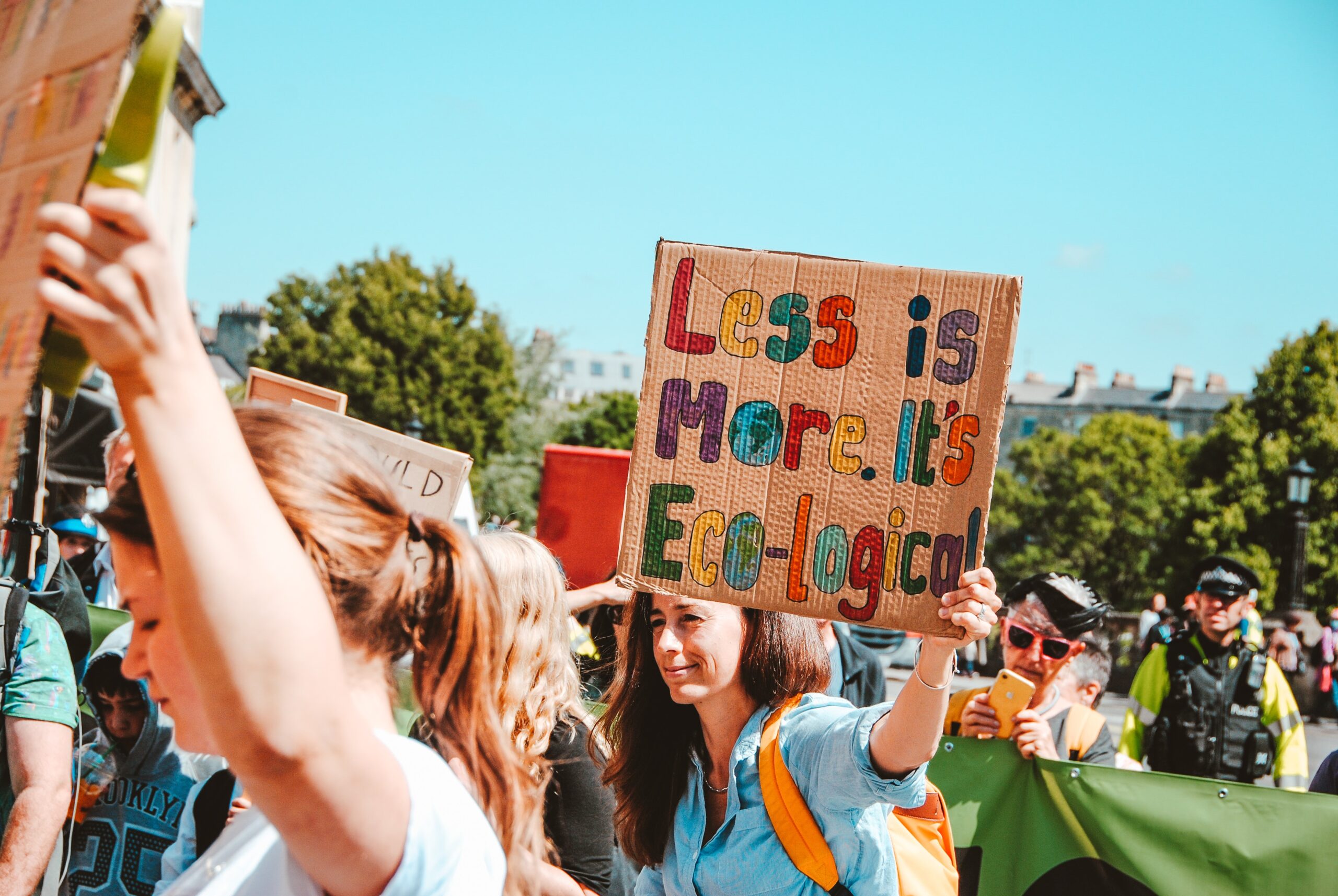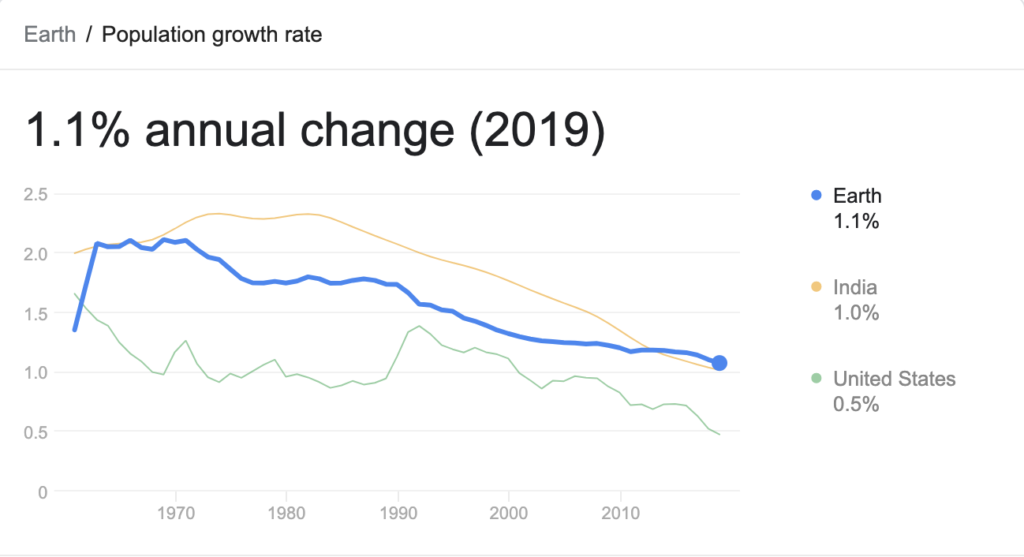Is Minimalism a Solution for Sustainability?

I exist because WE exist. Do you agree with this? If so, the question is also, is this our world versus my world? By our world, I mean the world that nature has created for all living beings. A world that we sustain for the future generations. So is it not our duty to make our world more sustainable? Then what is minimalism? Minimalism is living with the bare minimum that we really need. It also means buying what we need. So how to lead a minimalistic life? Then is minimalism a solution for sustainability? Let’s find out more about in this post.
“The consumption society has made us feel that happiness lies in having things, and has failed to teach us the happiness of not having things.”
– Elise M. Boulding
Contents
What is Minimalism?
What is minimalism? Minimalism is all about living with the bare minimum that we truly need to live. But why should we live with the bare minimum? Further, why not splurge if we can afford? So let’s try to explore more about minimalism and that may help answers the questions that come to our minds.
Live with What You Really Need
How much do we really need to live? When we die, how much space do we need? And what do we take with us when we go? This may sound like living like an ascetic. Well, life is also about balance. We get only one life. So, for sure, we need to live it to the best of our ability. But we really don’t need a lot to live a good life. Apart from meeting our basic needs and being able to deliver our duties, we need to find our calling. And do a job that truly provides us fulfillment.
So living with what we really need also means to buy what you really need. In that case you may not need a massive house to store all your stuffs. Most of which many a time we really don’t need.
Relinquish What You Don’t Need
Part of the process is decluttering. It is not only a physical process of getting rid of stuffs that we seldom need or never use but also a mental process of getting rid of a lot of baggage. Does it sound interesting? Yeah, you got it right. It is also about decluttering our minds and our lives.
Lead a Simple Life
Life is not so complex, but most of the time we insist on making it so. The beauty of our life is in its simplicity. The more it gets complex, it loses its beauty. With fewer stuffs, we can lead a simple life. The more things we have more the headache it brings. So how much money do we really need a fulfilled life? It’s for sure much less than what we would otherwise think, especially if we will lead a minimalistic life.
Own Your Life and Not Let Things Own It
When we have a lot of things who own our lives? Our things or we? Say, for example, we have a vacation beach house and a boat. And during a category hurricane, if we are living miles away, what is it we would worry most about? Beach house condition? And boat? Probably leasing a beach house and a boat as and when we need might be a better alternative. What do you think?
How can we not have so much things so that we have to worry continually? If we earn enough, we might as well save for retirement or exigencies. And then do a job that we truly love vs. trade hours for money. When we have too much things in our life, these things own us and we might lose ownership of our lives altogether.
Give Back
By leading a life wherein we live with the bare minimum, we can save a lot. We will not likely live paycheck to paycheck. Also can payoff our debts early on. Then probably have more money to give back to our community. Again, giving back is more like a virtuous cycle. And mostly we get back much more than we give in several ways.
Will Minimalism Reduce Consumerism?
Now we get to the million dollar question. We live in a consumerism led world. Wherein consumption drives the GDP growths primarily. So if we live a minimalistic life, will that hurt consumerism?
Let us try to understand why we have consumerism. We have consumerism because they program us to find happiness by getting more stuffs. Bigger car. Larger house. Longer boat. And once we get programmed, we live a life dictated by our things. Or desire to get things. More. And bigger.
Minimalism will probably hurt consumerism. There is a likelihood people may not buy so much stuffs or want to go bigger and bigger.
Will Minimalism Impact GDP Growth?
That brings us to the key topic of post. Will minimalism impact GDP growth? Before we answer that question lets try to answer some additional questions on GDP growth itself.
Why Do We Need GDP Growth?
Let’s start with why we need GDP growth. We need GDP growth to create jobs. In developing countries, this is paramount to building and growing the economy. Millions of people enter the workforce annually, and only a high GDP growth can provide jobs to millions. And also bring millions out of poverty or extreme poverty in developing and under-developed countries. So we need GDP growth to meet the basic needs of human beings. That is the foundation of Maslow’s hierarchy of needs and also the basis for finding fulfillment in life.
Is GDP Growth Perennially Needed?
Well, once any country attains developed status, its residents can meet most of its needs. The governments in these countries also provide several forms of benefits and social security to its residents. Then they can try to make a living from what they truly enjoy doing. This can also help them tread their way through the path of self-actualization if they so wish.
So we don’t need perennial GDP growth contrary to what most of us think.
Can We Live With Stagnant GDP?
Well, our world population is growing about 1.1% annual change for 2019 (source Data Commons).

And in most of the developed countries, the population growth through the end of the century is going to remain flat. Only in Africa the population is going to grow through 2100. Asia is also going to taper off after 2055 (source Pew Research).

So what does the data show? Do we really need perennial GDP growth in developed countries? In developing countries, for sure, we need GDP growth to bring millions out of poverty. And to provide jobs to millions who join the workforce every year.
Can We Live With Fewer Stuffs?
This brings us to questioning do we really need a lot of stuffs to live happily? Can we live with fewer stuffs? Well, we may say it’s our choice. And with all due respect to our life preferences, this is still a valid question. Studies show about $75,000 income per year is good enough for one to live a happy life. Beyond this number, happiness doesn’t increase. So likely we don’t need infinite stuffs to maximize happiness. Or live a more fulfilled life.
Is Minimalism a Solution for Sustainability?
That brings us to some valid questions about the relationship between minimalism and sustainability. Can we have a greener world with minimalism? Is minimalism sustainable? Is minimalism a solution for sustainability?
Well, again I exist because WE exist. This is not only MY world. This is OUR world. For all human beings. And living beings. Also, for our future generations. Does it make sense to consume indiscriminately depleting natural resources for our selfish pleasures? Even if the consumption after a point doesn’t provide incremental happiness? Is minimalism a solution for sustainability?
Conclusion
To conclude what natural resources we leave behind us for others to use and future generations depends on our choices today. The choices we make regarding indiscriminate consumerism and gluttony. Is it time to contemplate on the choices we make on a day-to-day basis to help everyone live a better life tomorrow? Is minimalism a solution for sustainability? Food for thought? Please share your comments and thoughts!

Leave a Reply
You must be logged in to post a comment.